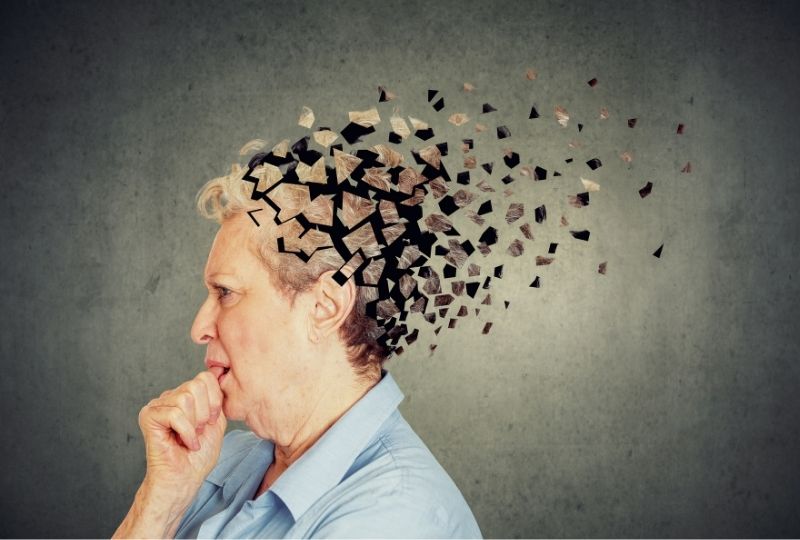A recent survey of 2150 participants by UK brain injury charity Headway has revealed that 85% of brain injury survivors experience a negative impact on their lives and 65% feel that their personal relationships have been negatively affected as a result of memory problems.
Understanding memory problems and how they affect people’s lives post-injury is a key part of the consultation and assessment process carried out by a medical expert witness. Memory loss can impact the way people cope with activities of daily living, as well as having a significant impact on people’s mental health.
What is memory loss?
Following a brain injury, people can experience a range of different types of memory loss or amnesia. Some people experience retrograde amnesia, which is where people lose existing memories. Usually, this affects recent memories first, so people may forget the relatively recent birth of their child but remember their childhood in detail.
Many people have no memory of the accident or incident which led to their brain injury. This is often intricately linked with post-injury anterograde amnesia, where people have no memory of the weeks following their injury, such as the time they spent in hospital. During this type of amnesia, no new memories are formed. This is the type of experience people often have during a ‘blackout’ caused by too much alcohol.
People often experience short-term memory loss. They may experience problems remembering information given to them when they are distracted or in a busy environment, or have problems learning and retaining new information.
Understanding the emotional impact
Memory loss can have a damaging impact on people’s mental wellbeing, resulting in anxiety, depression and loneliness. People may repeatedly ask questions, feel anxious about forgetting or feel guilty for not remembering incredibly significant life events. This can in turn have a distressing impact on family members and friends.
Memory rehabilitation
When it comes to neurorehabilitation and memory, there are three main approaches. This includes:
- – improving learning
- – compensating for memory difficulties through the employment of external memory aids
- – adjusting the environment so people can survive without a functioning memory system
The multi-disciplinary team supporting the individual will work closely to develop the right coping and compensation strategies for dealing with memory loss. This might include developing new organisation systems – from Post-It notes to phone reminders – and giving people more time to digest information.
Addressing the emotional impact of memory loss should also be a key part of any rehabilitation, perhaps with counselling or anxiety-management methods.
Brain injury & memory – tips for legal teams
When you are working with a client with memory loss following a brain injury, there are a few ways you can present information and modify your interactions for the best results.
- 1. Ensure information is imparted in a setting free from distractions, such as a background noise from colleagues or family or from TV or radio.
- 2. Give people extra time to digest and understand what you are saying. You might give people the opportunity to repeat back what you have said or speak more slowly than usual.
- 3. Be understanding and patient if you are asked to repeat yourself. Memory loss can be frustrating and upsetting for the individual, so keep this in mind during your interactions.
- 4. Provide information in several ways. If you have spoken on the phone or via video call, follow up with an email or letter shortly afterwards. This will reinforce the information you have provided.
Key findings of the Headway memory survey
- 70% of brain injury survivors struggle to recall personal memories, such as their wedding or the birth of their child
- 65% of brain injury survivors feel that their personal relationships have been affected as a result of their memory problems
- 72% of brain injury survivors feel that the people in their life don’t understand their memory problems
- 71% of brain injury survivors feel unfairly judged or treated as a result of their memory problems
Instruct a medical expert specialising in brain injury
At NRC Medical Experts, we specialise in providing expert witnesses in brain injury. Our specialists are skilled consultants and medical experts trusted to provide the courts with expert reports and expert witness testimony.
Book a free pre-instruction conversation to discuss your requirements or instruct us today.

